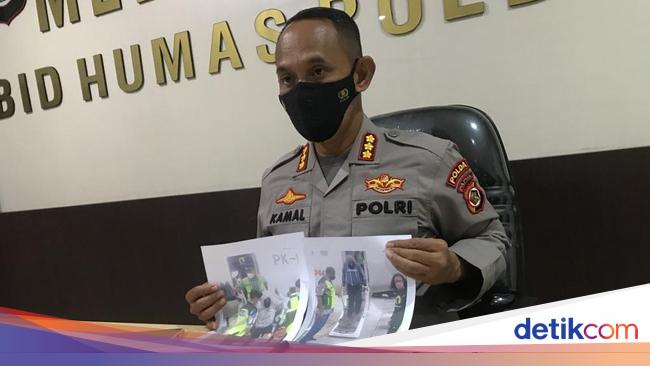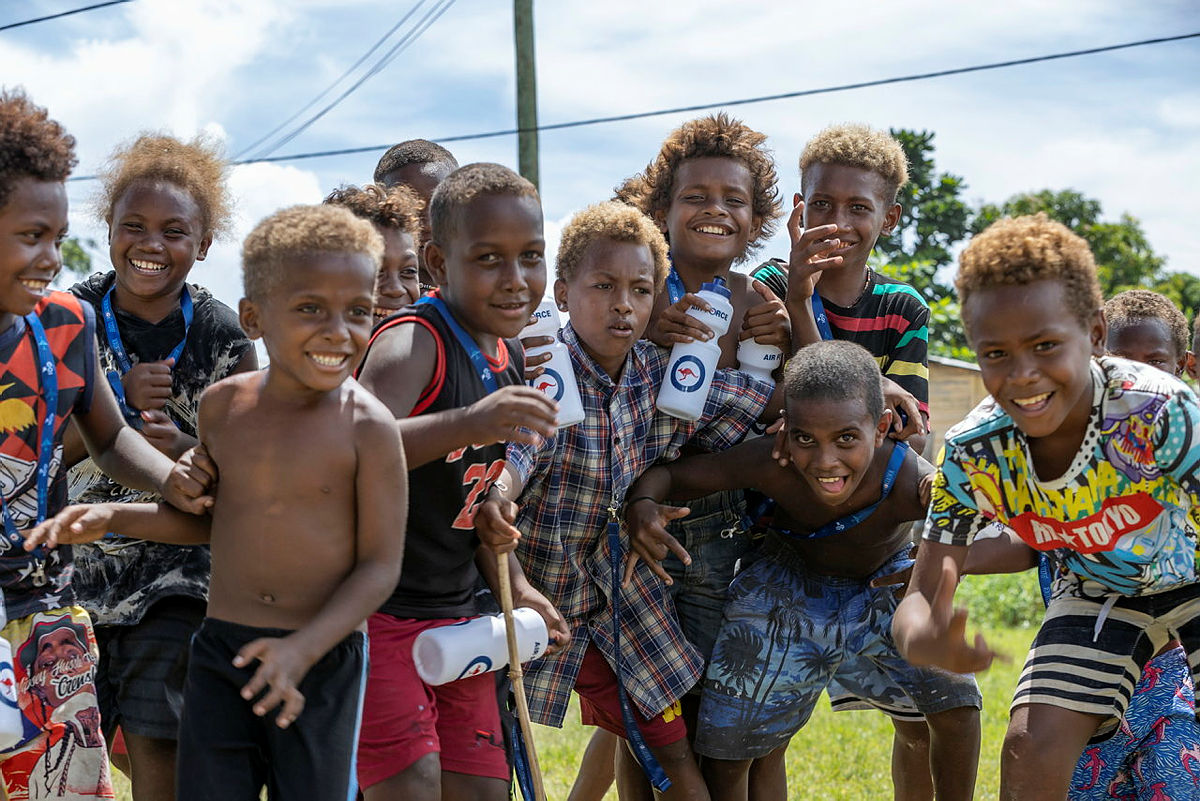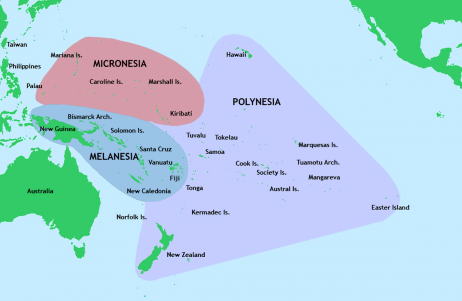Seems to be quite of bit of up-to-date coverage of the SI issue in the UK overseas media i.e. local A/NZ editions (Aussie media too but much of it appears pay-walled unless it's the ABC/SBS etc).
ASPI's Strategist had an interesting article yesterday and was pleased to see they highlighted fundamental issues of concern.
Perhaps the big question is why the government of Manasseh Sogavare, on record for wanting to cooperate with China ‘
to build a world that is fair and just’,
was negotiating a security agreement with Beijing without first seeking the endorsement of the people of Solomon Islands? An APMI Partners survey carried out in the Solomons in December found that 91% of respondents preferred their nation ‘
to be diplomatically aligned more towards … liberal democracies’.
Insight into this question may be provided by a case study by Indo-Pacific researcher Cleo Paskal titled ‘
How China buys foreign politicians’. Paskal presents what appears to be evidence of August 2021
payments originating from China to ‘39 of the [Solomons] Parliament’s 50 MPs’. According to Pascal, all of these MPs were ‘supporters to one degree or another, of the Prime Minister’. Alluding to Article 61 of the
Solomons constitution, Paskal notes that 39 votes would be sufficient ‘with a small buffer’ to pass an alteration and push through
Sogavare’s plan to delay the 2023 election until 2024. ‘And who knows what else he and/or Beijing would like to “adjust”?’ she asks.
We get now to the heart of the problem. As Australia and New Zealand emphasise transparency, sovereignty and democratic values and spend big on multimillion-dollar development projects, the geopolitical landscape may be rearranged by a series of budget bribes to members of Pacific parliaments.
For, as Fernandes suggests, there’s no reason to think this vulnerability will be restricted to the Solomons.
The rest of the article also discusses A/NZ soft-power initiatives with its wider Pacific "families".
The announcement by the Solomon Islands government that it intends to ‘broaden its security and development cooperation with more countries’ has provoked a rash of commentary from Australian and New Zealand journalists, academics, think-tankers and ...

www.aspistrategist.org.au
It's also interesting that SI PM Sogavare does face significant opposition, sure not necessarily from other politicians that appear to have been "bought" in order to support him, but the main Opposition party and some of the more populous neighboring provinces (islands) and these people are indicating they refuse to be "bought" by CCP coercion (some are advocating for restoration of diplomatic ties with Taiwan which would mean lesser CCP involvement and some are calling for greater US involvement. It will be interesting to see how this plays out.
A couple of days ago the Micronesian States raised concern about PM Sogavare's plans, citing the Pacific being caught up again in another WW2 type conflict between the major powers, where they will be on the front-line. It's pleasing to hear these other voices especially voices from within the Polynesian, Melanesian and Micronesian societies themselves as normally their voices are not often heard.
Australia has made some recent excellent diplomatic efforts shoring up support from other Melanesian states (eg by having those states talk to PM Sogavare to raise their concerns). Soft power, not threats, are considered the best approach for the time-being, reminding PM Sogavare that they are part of a wider "family" (of other PI states).
But I had been wondering when these other PI states would speak-up with louder voices, but they may now have their chance. NZ foreign minister Mahuta appears to be suggesting bringing forward a PIF (Pacific Islands Forum) meeting so the SI/CCP "security issue" can be discussed by the forum members and affirm some action plans.
Mahuta (along with Aust efforts) is also building up support from Fiji, which I feel is pleasing because they also were favoring greater CCP involvement in some of their security affairs some years ago. (Aust is also building up support from the likes of PNG, although perhaps some of DT's Aussie commentators could lend some insights as I'm not overly familiar with Aus/PNG politics).

www.stuff.co.nz
I do hope though that Australia and NZ can do a bit more with the (US aligned) Micronesian states, as they were looking to leave the PIF due to being overlooked for the (revolving) leadership role.
After a year of deadlock, Micronesian leaders signaled they will hold off on making their departure official.
thediplomat.com
Surely any A/NZ efforts there may help assist the US, who are being criticised from within (i.e. by some within the US) for not doing more to counter CCP efforts within the Pacific? However to be fair there are many US voices raising these issues from time to time and over a number of years, so hopefully Washington will move faster.
As the Indo-Pacific region grows in strategic importance for both China and the United States, island nations are making their own priorities known, too.

carnegieendowment.org
(On a tangent note, Kurt Campbell, mentioned in the above article link, has been a great friend of NZ for it was he that raised the possibility of NZ acquiring the F-16 fighter/bombers in the late 1990's. Does NZ still have the caliber of civil servants like Gerald Hensley (since retired) nowadays that could sense and grab opportunities like that and support them all the way up to the highest levels of NZ's political establishment)?










